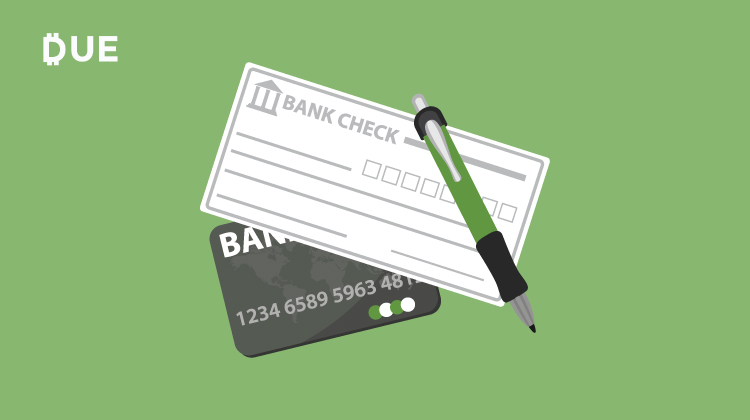Often used interchangeably, eChecks and ACH are similar. That’s because both eChecks (electronic check processing) and ACH (Automated Clearing House) move funds from one bank account to another.
Despite this similarity, eCheck and ACH aren’t exactly the same thing.
What is an eCheck?
An eCheck is simply a form of online payment. In this case, money is electronically withdrawn from the payer’s checking account, transferred over the ACH network, and then deposited into the payee’s checking account.
Because merchants often pay a small fee to process eCheck payments, they’re often popular for high-cost items like your mortgage, car payment, or high-cost monthly fees, like retaining an attorney.
With an ACH merchant account, businesses can withdraw payments for goods or services directly from their customer’s bank accounts. However, customers must authorize the payments. This can be either through a signed contract, acceptance of a website’s “Terms and Conditions” or even a recorded voice conversation.
How does eCheck processing work?
Electronic check processing isn’t that different than paper check processing. Electronically processed, these payments are much easier than paper checks. This saves both time, money, and paper waste for the parties involved.
There are 4 steps to processing an electronic check:
- Request Authorization: Here the business must gain authorization from the customer to complete the transaction. Different forms online or phone conversations will help with this.
- Payment Set Up: After authorization of the payment, the business inputs the payment info into its online payment software.
- Finalize and Submit: The business saves everything after the software has all the needed information. This starts the ACH transaction process.
- Payment Confirmation and Funds Deposited: Lastly, the customers bank account automatically withdraws the payment. After this the online software sends a payment receipt to the customer. The business’s bank account then receives the payment. The merchants account then receives the deposit, typically three to five days after initiation of the ACH payment. Do ACH and EFT mean the same thing as eChecks?
EFT stands for “Electronic Funds Transfer,” which can include financial transfers like direct deposits, wire transfers, ACH disbursements, and electronic benefits payments.
ACH, on the other hand, stands for “Automated Clearing House.” As explained in a previous Due post, the “Automated Clearing House is not a physical place, but rather a network that connects all banking and financial institutions within the United States.”
The similarities and differences of eChecks and ACH as well as ETF.
An eCheck is a type of electronic funds transfer (EFT) that relies on the Automated Clearing House (ACH) network to process payments. Funds are electronically withdrawn from the payer’s account, sent via the ACH network to the payee’s banking institution, and then electronically deposited into the payee’s account. Again this is similar to a paper check, just electronically.
The primary distinction between ACH and eChecks is the party that keeps the payment information and sends the payments. For example, ACH is managed by specific entities that use the banking information you put on the enrollment forms. This establishes a recurring debit from any account you choose.
Additionally, it will then process the debits either monthly or quarterly. It’s also used to automatically update the amount of the payment for the customers who use it.
Both also showcase different transaction types that are based on distinct business models. Information flow is different, as well as the legalities that surround them. They’re also distinct in terms of risk management.
This may sound complex, but this is a good thing for both consumers and merchants. That’s because it lets various services and products meet different needs and requirements.
While both are beneficial, electronic checks are often based on newer technology, which means they’re the superior option. In fact, ACH has been around since the 1970s, the technology isn’t as fast or secure as newer eCheck technology.















